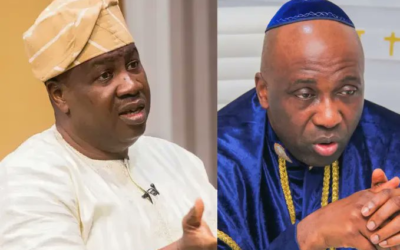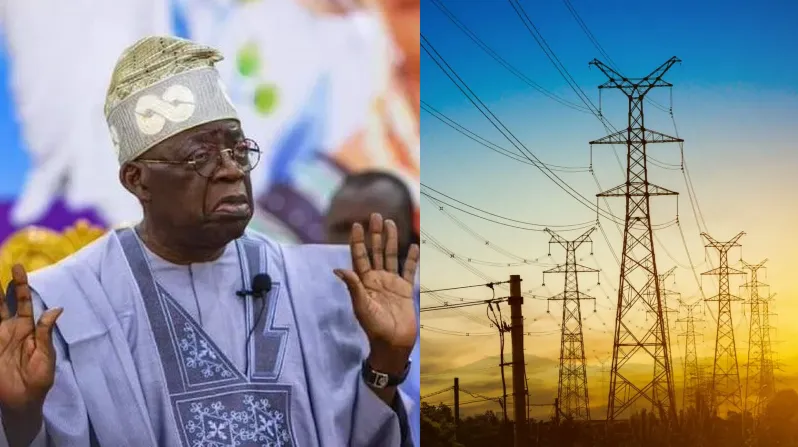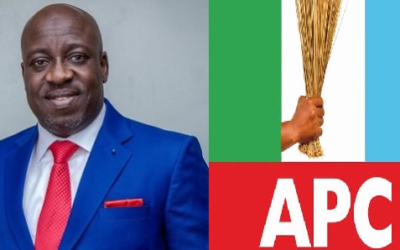
Dominant In Football, Inferior In Development—A Contrasting Tale Of Nigeria/Rwanda
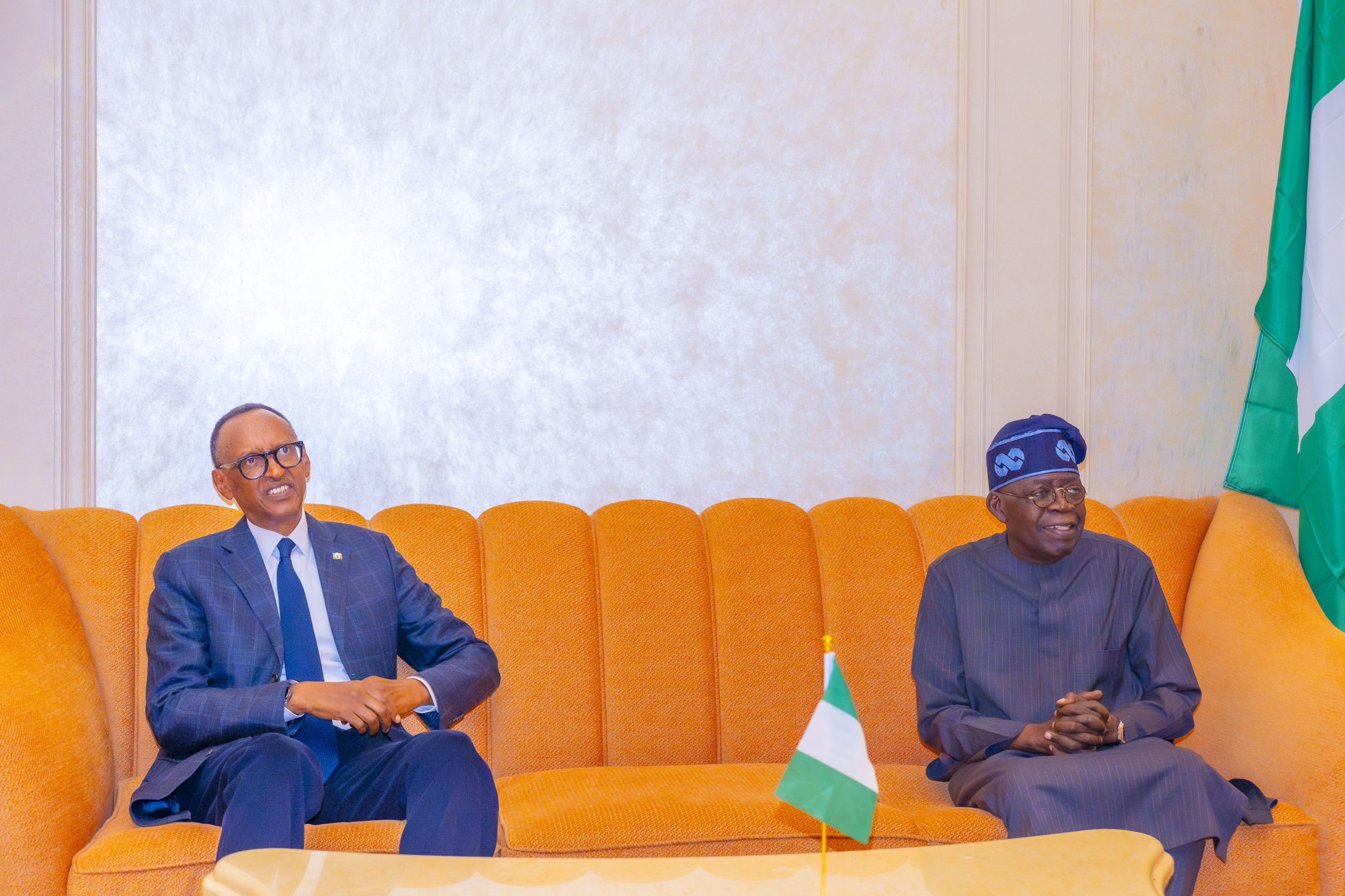
Hmmm, even before I write a single word from the thousands on my mind, I can feel the pain of millions of Nigerians especially one driver located in the heart of Lagos as he was about to pay all he has made today to a fuel attendant for fuel that cannot even fill his tank or should I talk about Mr. Ayomide, a dedicated civil servant based in Ibadan who has put in 25 years of hard work, Yet his monthly take home cannot even take him home not to talk of providing for his family.
On the evening of Friday March 21, millions of Nigerians celebrated the Super Eagles win against Rwanda in Kigali marking the first time the Eagles would win away at Rwanda. Well, one would have expected the Eagles to have a smooth ride in the match, after all it is a wide margin separating both sides on the FIFA rankings. Beyond the result, it saddens my heart to see millions of Nigerians who have had a chaotic week from the persistent hardship, to the political crisis in Rivers and the show of shame in the National Assembly of comedians rather than for lawmakers use the match as a means of escaping the biting realities in the country, shior, 90 minutes of fake joy, an eternity of Tinubu led Federal Government.
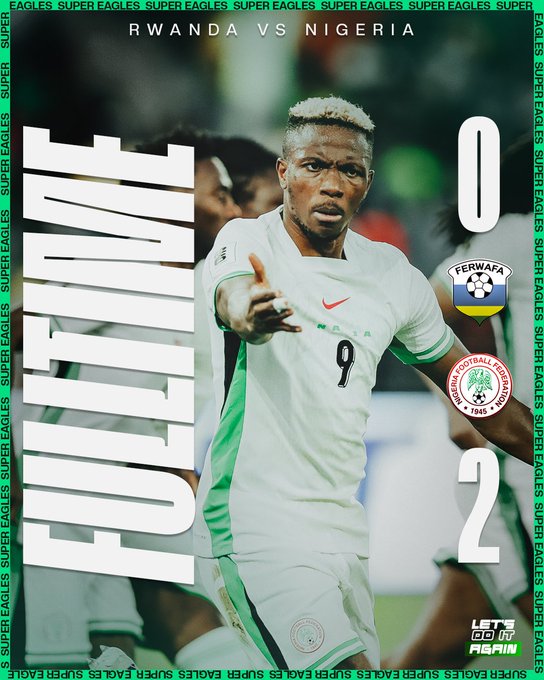
Without a shadow of doubt, Rwanda and Nigeria present a striking contrast in African governance, vision, and national progress. While Rwanda, a small but determined East African nation, has emerged as the cleanest country in Africa, Nigeria, Africa’s supposed “giant,” continues to struggle with filth and mismanagement due to a lack of visionary leadership.
READ ALSO: Emergency Rule: ‘Democracy Is Dead In Nigeria’ — Utomi Tells Nigerians
To set the record straight, Rwanda gained independence in 1962, two years after Nigeria. However, despite its later start, the country has made remarkable strides, particularly in cleanliness, governance, and national unity. Kigali, Rwanda’s capital, is widely regarded as the cleanest city in Africa, thanks to strict environmental policies, a plastic ban since 2008, and the monthly Umuganda initiative, where citizens actively participate in community cleaning.
Beyond sanitation, Rwanda has demonstrated strong leadership, economic growth, and stability despite its tragic history. The country has rebuilt itself into a model of African progress, driven by a government that prioritizes national development over personal gain.
On the other hand, Nigeria, which gained independence in 1960, has failed to live up to its potential. Despite being blessed with enormous natural and human resources, Nigeria remains one of the dirtiest countries in Africa, with cities like Lagos, Port Harcourt, and Onitsha plagued by filth, pollution, and poor waste management. The streets are filled with refuse, open drains overflow with waste, and plastic pollution is a daily reality.
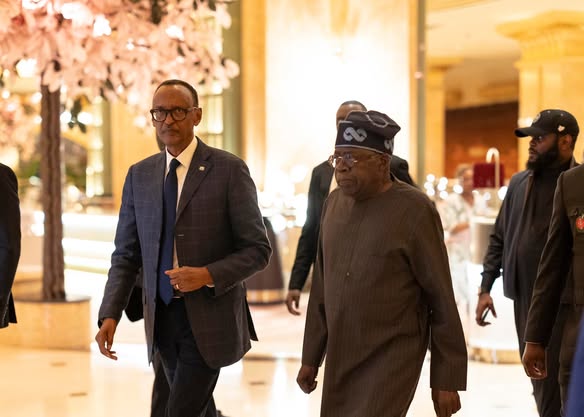
Unlike Rwanda, where the government enforces policies for national cleanliness and sustainability, Nigeria’s leaders have ignored basic environmental concerns. Corruption, lack of accountability, and a failure to implement long-term development plans have left the country in a perpetual state of decline.
Nigeria has every reason to be the leader in Africa, but without visionary leadership, it will continue to lag behind nations like Rwanda. The difference between these two countries is not in resources but in leadership, accountability, and a willingness to enforce positive change. Nigeria must wake up, adopt policies that promote cleanliness, discipline, and sustainability, and hold its leaders accountable. Until then, it will remain a country of wasted potential, overshadowed by smaller but more determined nations like Rwanda.




